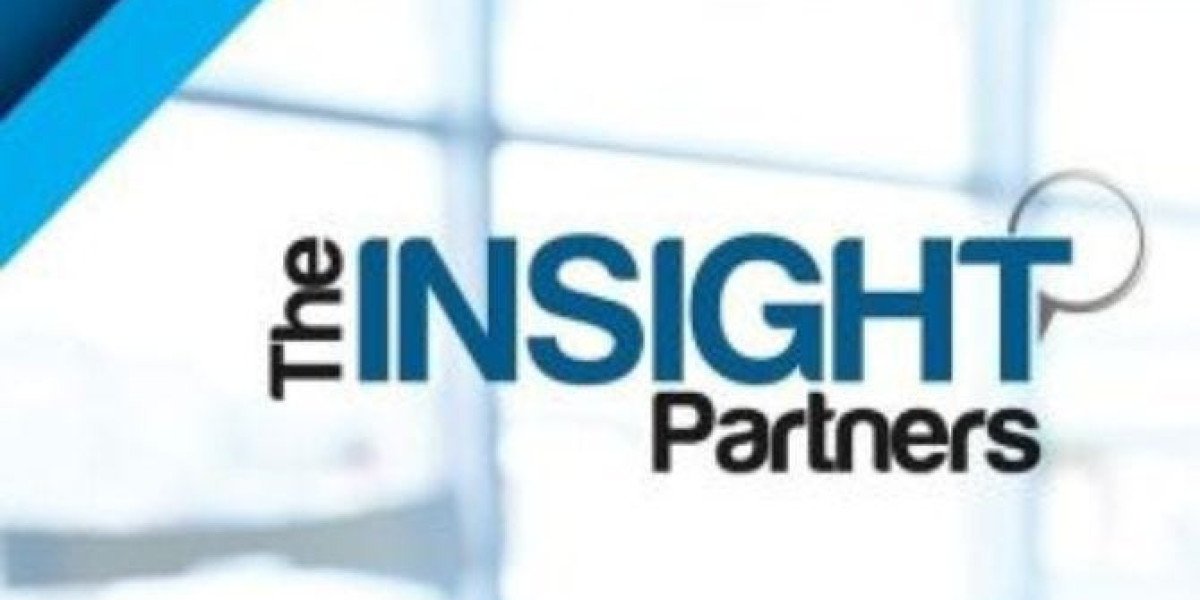It is regarded as one of the most significant health problems affecting millions of people worldwide. The allergy treatment market has increased over the past few years, owing to the surge in incidence, advanced treatment methods, and increasing awareness. In the upcoming blog, we will discuss the current landscape of the allergy treatment market along with an analysis of the growth prospects of the market along with the important questions that the industry stakeholders need to be aware of.
Market Overview
The allergy treatment market size is projected to reach US$ 33.5 billion by 2031 from US$ 20.2 billion in 2023. The market is expected to register a CAGR of 7.8% during 2023–2031. Rising Research & Development (R&D) activities are likely to remain key trends in the market.
Key Market Segments
By Allergy Type
- Eye Allergies
- Rhinitis
- Asthma
- Skin Allergies
- Food Allergies
By Treatment
- Anti-Allergy Drugs
- Immunotherapies
North America
- US
- Canada
- Mexico
Europe
- UK
- Germany
- France
- Russia
- Italy
- Rest of Europe
Asia-Pacific
- China
- India
- Japan
- Australia
- Rest of Asia-Pacific
South and Central America
- Brazil
- Argentina
- Rest of South and Central America
Middle East and Africa
- South Africa
- Saudi Arabia
- UAE
- Rest of the Middle East and Africa
Market Drivers
Several factors are propelling the allergy treatment market:
- Rising incidence of allergy: according to the World Allergy Organization, more than 30 per cent of the world’s population suffers from allergic diseases. It is essential to develop effective cures.
- Raising awareness and educating people with informational campaigns increases the knowledge about allergies among the public. The more people are aware of it, the more frequently it will be diagnosed and treated.
- Third, these patients have benefited from technological advances allowing more effective and targeted drug development and delivery systems. For example, biologics are now available to treat life-threatening IGE-mediated allergic reactions.
- Rising Healthcare Expenditure Due To Increasing Disposable Income: Market growth is being assisted by more disposable income among people and a hike in healthcare expenditure, especially in developing countries.
Competitive Landscape
The market is competitive, with key players including:
- Johnson and Johnson Services Inc
- Sanofi
- AbbVie Inc Allergan plc
- Pfizer Inc
- LETIPharma
- ALK Abello A S
- Allergy Therapeutics
- Stallergenes Greer
- GSK
- Dermapharm Holdings
Industry is pouring money into R&D to produce new drugs that will allow them to maintain a competitive edge.
Future Outlook
The allergy treatment market is going to grow considerably in the foreseeable future. Various driving forces could lead to its growth, including the increased access to healthcare, the rising trend of telemedicine, and the changing approaches to treatment due to recent advances in medical research. The allergy treatment market could benefit significantly from the application of personalised medicine, where treatment plans are tailored to individuals.
Frequently Asked Questions (FAQs)
- What are the most common types of allergies treated in the market?
The most common types of allergies are pollen allergy, dust mite allergy, allergy to animals, food allergy (eg nuts and crayfish) and insect sting allergy.
- How does immunotherapy work?
Immunotherapy works by exposing patients to gradually escalating levels of allergen, thus incrementally desensitising their immune system over time in a way that can permanently reduce allergic reactions.
- Are there any new treatments on the horizon?
But yes, and thankfully there are emerging treatments on the scene, among them the so-called biologics or ‘targeted therapies’ that seem more potent and disease-specific than the standard therapy-du-jour – antihistamines.
- How significant is the role of lifestyle changes in managing allergies?
Medications and elimination diets relieve allergy symptoms, but other important interventions – such as reducing exposure to allergens, keeping a clean household, and dietary practices – can also help manage allergies.
- What are the challenges facing the allergy treatment market?
Challenges include the cost of more precise, expensive treatments; regional variations in regulation; and the fact that deeper public education on allergy prevention and management is still needed.









